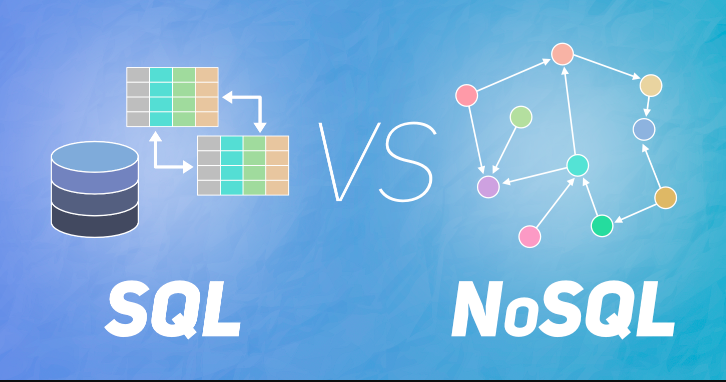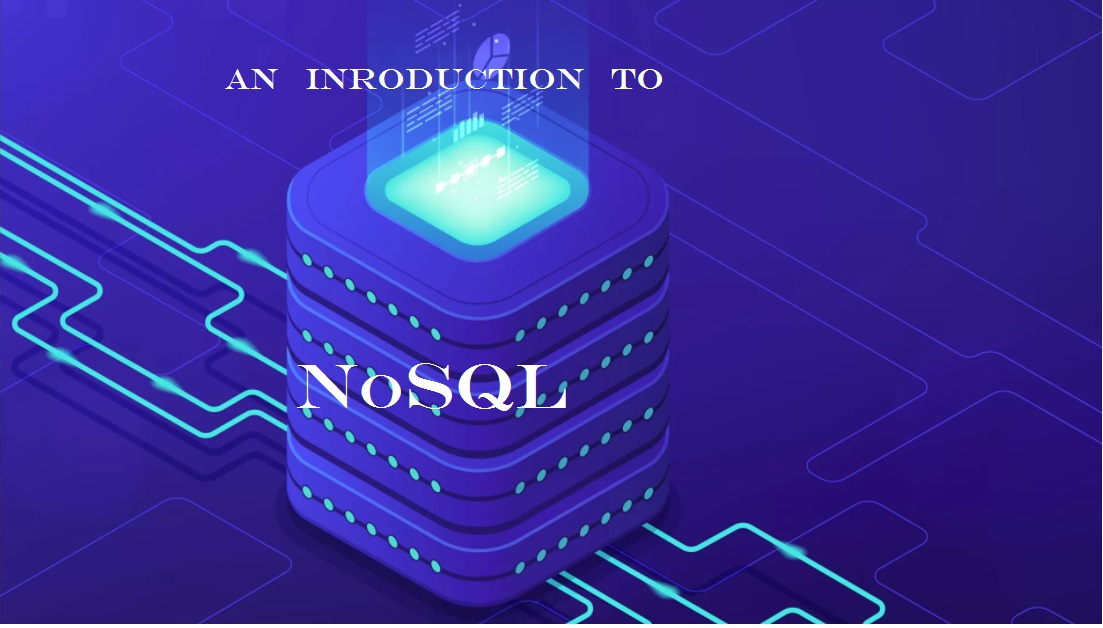The rise of the Internet has changed application development profoundly. The amount of data, the structure of the data, the scale of applications, these changes have led many organizations of all sizes to choose NoSQL over SQL database technology.
What is NoSQL?
NoSQL Database is a non-relational Data Management System, that does not require a fixed schema. It avoids joins and is easy to scale. The major purpose of using a NoSQL database is for distributed data stores with humongous data storage needs.
NoSQL is used for Big data and real-time web apps. For example, companies like Twitter, Facebook, and Google collect terabytes of user data every single day.
What is Need for NoSQL?
- The pace of development with NoSQL databases can be much faster than with a SQL database.
- NoSQL databases are often better suited to storing and modeling structured, semi-structured, and unstructured data in one database.
- NoSQL databases were created to handle big data as part of their fundamental architecture. The path to data scalability is straightforward and well understood.
- NoSQL databases are often based on a scale-out strategy, which makes scaling to large data volumes much cheaper than when using the scale-up approach the SQL databases take.
- The scale-out strategy is used by most NoSQL databases. It provides benefits such as being able to upgrade a database or change its structure with zero downtime.
- The scalability of NoSQL databases allows one database to serve both transactional and analytical workloads from the same database.
- NoSQL databases often have superior integration with real-time streaming technologies.
Challenges of RDBMS
- RDBMS assumes a well-defined structure of data and assumes that the data is largely uniform.
- It needs the schema of your application and its properties (columns, types, etc.) to be defined up-front before building the application. This does not match well with the agile development approaches for highly dynamic applications.
- As the data starts to grow larger, you have to scale your database vertically, i.e. adding more capacity to the existing servers.
Advantages of NoSQL over SQL
NoSQL databases are not a direct replacement for a relational database management system (RDBMS). For many data problems, though, NoSQL is a better match than an RDBMS.

Ability to easily update Schema
NoSQL databases have become popular because they store data in simple straightforward forms. This makes them easier to understand than the type of data models used in SQL databases.
In addition, NoSQL databases often allow developers to directly change the structure of the data.
Store Unstructured, Semi-Structured, or Structured Data
Relational databases store data in structured tables that have a predefined schema.
With NoSQL, different types of data can be stored. Whether structured, unstructured, or semi-structured, many different types of data can be stored and retrieved more easily.
NoSQL databases support widely used data formats:
- Big-data of all kinds — text data as well as time-series data
- JSON files, which are nested human-readable files consisting of names and value pairs.
- Simple binary values, lists, maps, and strings can be handled at high speed in key-value stores
- Sparse data can be efficiently stored in columnar databases, where null values take up no room at all.
- Networks of interrelated information can be stored in graph databases.
Ability to scale
The scale-up with larger data cannot be handled by SQL.
NoSQL can handle a huge amount of data because of scalability, as the data grows NoSQL scale itself to handle that data in an efficient manner.
Developer-Friendly
The adoption of NoSQL databases has primarily been driven by uptake from developers who find it easier to create various types of applications compared to using relational databases.
Document databases such as MongoDB use JSON as a way to turn data into something much more like code. This allows the structure of the data to be under the control of the developer.
Types of NoSQL database
There are four main types of NoSQL databases:
- Document Database
- Key-value store Database
- Column-0riented Database
- Graph Database
Also Read : Types of NoSQL Databases: A complete Guide.
Disadvantages of NoSQL
- Narrow focus –
NoSQL databases have very narrow focus as it is mainly designed for storage but it provides very little functionality. Relational databases are a better choice in the field of Transaction Management than NoSQL. - Lack of Reliable Standards –
NoSQL is an open-source database. There is no reliable standard for NoSQL yet. In other words, two databases made in NoSQL systems are likely to be unequal. - Management challenge –
Data management in NoSQL is much more complex than a relational database. NoSQL, in particular, is known for being challenging to install and even more difficult to manage on a daily basis. - GUI is not available –
GUI mode tools to access the database are not flexibly available in the market. - Backup –
Backup is a great weak point for some NoSQL databases like MongoDB. MongoDB has no approach for the backup of data in a consistent manner. - Large document size –
Some database systems like MongoDB and CouchDB store data in JSON format. This means that documents are quite large and having descriptive key names actually hurts since they increase the document size.
When should NoSQL be used:
- When data are unrelated and Unstructured: If data are not related Support of Constraints and Joins is not required at the database level. NoSQL databases are often better suited to storing and modeling structured, semi-structured, and unstructured data in one database.
- Fast Pace development and Frequent Changes: NoSQL databases often allow developers to be in control of the structure of the data. They are a good fit with modern Agile development practices based on sprints, quick iterations, and frequent code pushes.
- Continuos Need for scaling: NoSQL databases tend to excel at scalability and availability requirements, being ideal when data is growing continuously and you need to scale the database regularly to handle the data.
- When Speed and Performance are more Important: NoSQL is Ideal for large-scale, real-time applications, when you need to handle large traffic and also need to maintain zero downtime.
I hope this article helped you understand NoSQL databases, a little better, and when to use them for your project.

